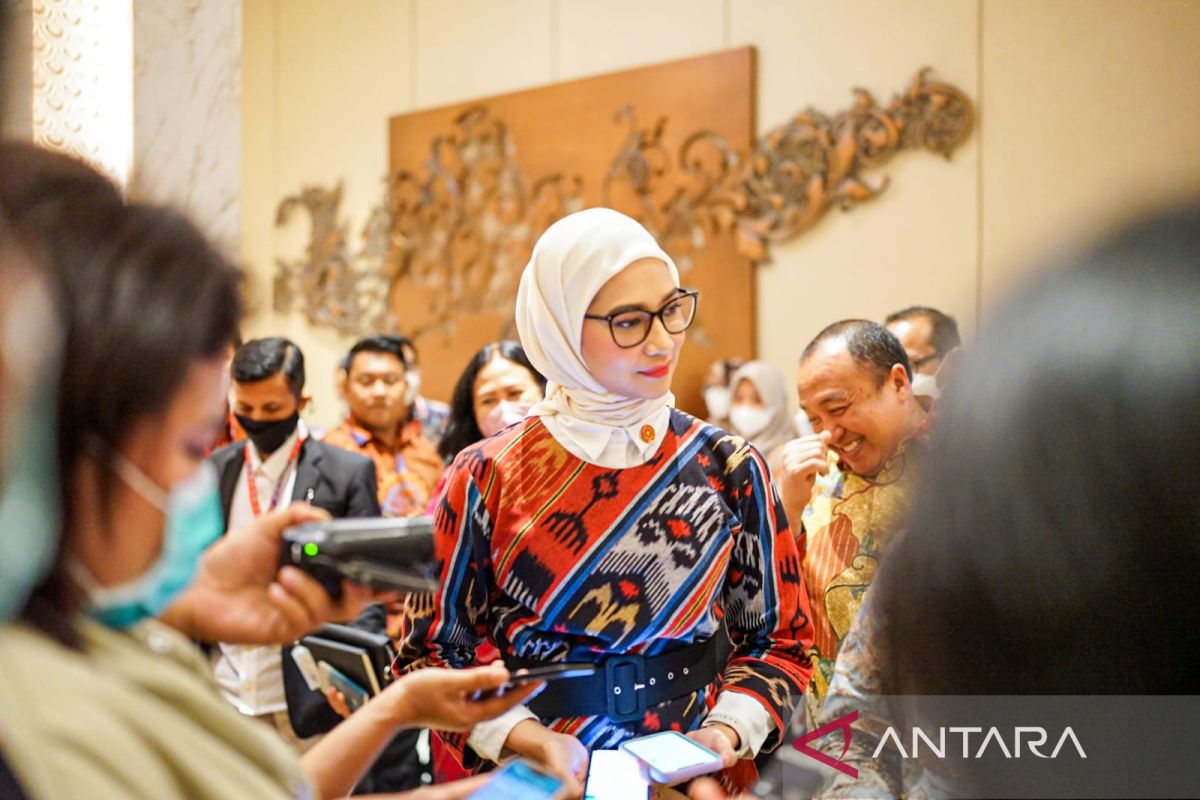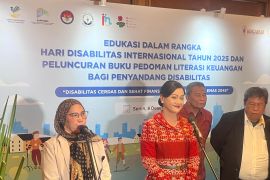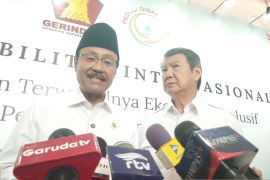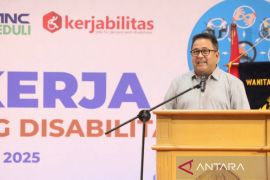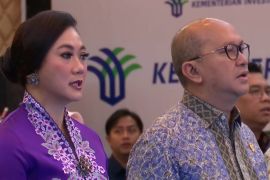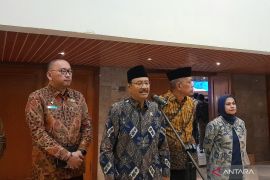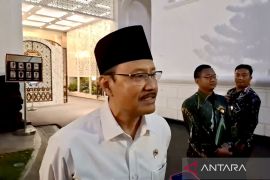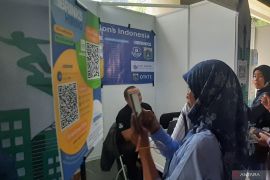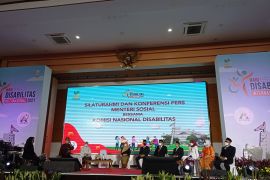According to Yudistia, the inclusive economic scheme is important for the process of development of human resources in Indonesia in order to avoid a gap within the people-based economic distribution process that targets everyone.
This also includes people with disabilities, so that they can be involved directly in the country's development and not just become a spectator, she remarked.
She deemed that people with disabilities can participate in various work sectors that the industry needed while still adjusting the abilities and qualifications of the skills needed.
The concept of inclusive economy is part of the interpretation of Law No. 8 of 2016 on people with disabilities followed by its derivative regulations that emphasized work and social protection for the disabled.
Within the panel discussion titled "The 1st International Conference on Manpower and Sustainable Development (IMSIDE)," part of the G20 events, Yudistia also specifically discussed manpower social insurance for the disabled.
Four priority issues discussed at the event comprised inclusive manpower market and decent jobs for the disabled, creation of sustainable jobs, human resource capacity development for sustainable productivity growth, and manpower social security.
She lauded the actions of the Manpower Ministry and Workers Social Security Agency (BPJS Ketenagakerjaan) that consider people with disabilities, so that they not only receive work but also manpower social security.
In addition, the State-Owned Enterprises (SOEs) Ministry also continues its efforts to meet the disabled availability quota of two percent within the SOEs in accordance with Law No. 8 of 2016.
"The Joint Recruitment conducted by SOEs this year has adjusted the quota, so that employees with disabilities can obtain Manpower Social Security," she stated.
According to data from the national workforce survey undertaken by Statistics Indonesia (BPS) in 2020, some 225 thousand people with disabilities over the age of 15 were recorded to have worked.
A total of 75 percent of these people work in the informal sector, while 25 work as employees.
The job sectors for people with disabilities were divided into three: service, 44 percent; agriculture, 40 percent; and industry, 16 percent.
Related news: Realizing inclusive economy in new capital Nusantara
Related news: Digitalization as tool to achieve inclusive economy: BI
Translator: Mentari Dwi G, Fadhli Ruhman
Editor: Rahmad Nasution
Copyright © ANTARA 2022
